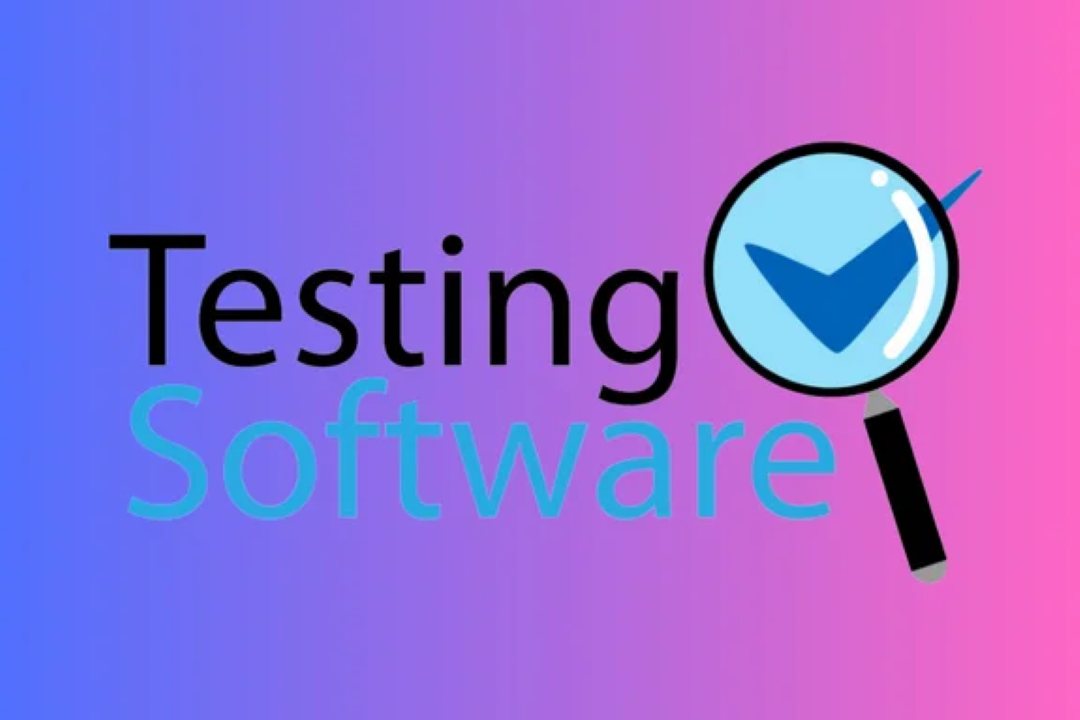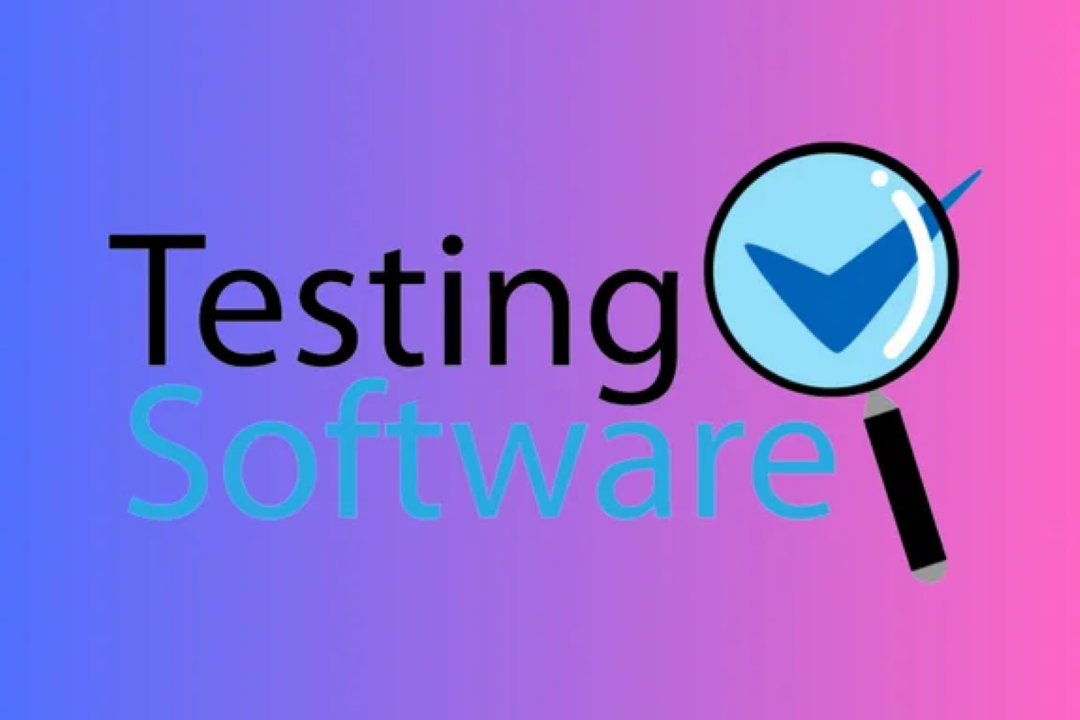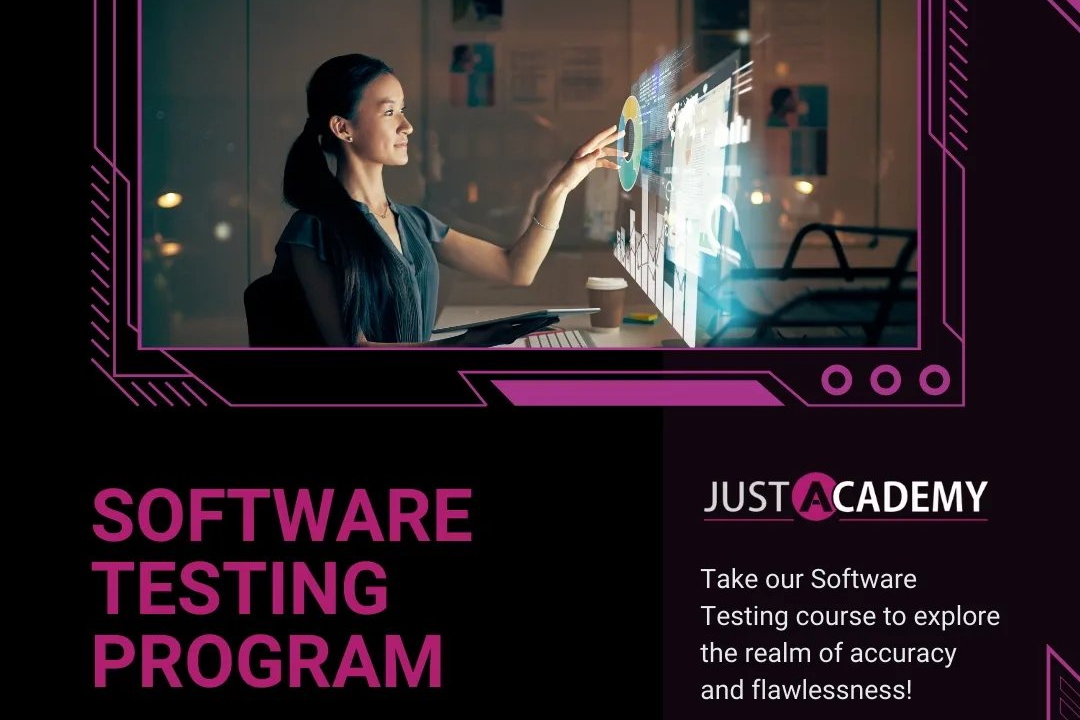Best Interview Questions On Manual Testing
Best interview questions on manual testing are designed to evaluate a candidate's fundamental unders
Best Interview Questions On Manual Testing
Best interview questions on manual testing serve as a vital tool for both interviewers and candidates, providing clarity on the candidate's practical knowledge and experience in software testing. These questions help assess a candidate's understanding of key concepts like test case design, defect tracking, and testing methodologies, which are essential for ensuring software quality. By probing into real-world scenarios and problem-solving abilities, interviewers can gauge how effectively candidates can apply their knowledge in a practical setting. This not only aids in identifying the right candidate for the role but also ensures that the selected individual possesses the necessary skills to contribute to the success of software projects in real-time environments.
To Download Our Brochure: https://www.justacademy.co/download-brochure-for-free
Message us for more information: +91 9987184296
Best interview questions on manual testing serve as a vital tool for both interviewers and candidates, providing clarity on the candidate's practical knowledge and experience in software testing. These questions help assess a candidate's understanding of key concepts like test case design, defect tracking, and testing methodologies, which are essential for ensuring software quality. By probing into real world scenarios and problem solving abilities, interviewers can gauge how effectively candidates can apply their knowledge in a practical setting. This not only aids in identifying the right candidate for the role but also ensures that the selected individual possesses the necessary skills to contribute to the success of software projects in real time environments.
Course Overview
The “Best Interview Questions on Manual Testing” course is designed to equip aspiring software testers with the essential knowledge and skills needed to excel in job interviews. This course covers a comprehensive array of frequently asked manual testing interview questions, focusing on key areas such as test case creation, defect management, testing methodologies, and real-world application of testing concepts. Through interactive learning modules and practical examples, participants will gain insights into effective communication of their testing expertise and problem-solving capabilities, ensuring they are well-prepared to impress potential employers and secure a position in the competitive field of software testing.
Course Description
The “Best Interview Questions on Manual Testing” course is designed to prepare candidates for successful careers in software testing by diving deep into the most commonly asked interview questions in the field. Covering essential concepts such as test case design, defect reporting, and various testing methodologies, this course provides practical insights and real-time scenarios to enhance the participants' understanding and problem-solving skills. With a focus on effective communication and detailed explanations, learners will gain the confidence needed to articulate their knowledge and experiences during interviews, ensuring they stand out to potential employers in the competitive job market.
Key Features
1 - Comprehensive Tool Coverage: Provides hands-on training with a range of industry-standard testing tools, including Selenium, JIRA, LoadRunner, and TestRail.
2) Practical Exercises: Features real-world exercises and case studies to apply tools in various testing scenarios.
3) Interactive Learning: Includes interactive sessions with industry experts for personalized feedback and guidance.
4) Detailed Tutorials: Offers extensive tutorials and documentation on tool functionalities and best practices.
5) Advanced Techniques: Covers both fundamental and advanced techniques for using testing tools effectively.
6) Data Visualization: Integrates tools for visualizing test metrics and results, enhancing data interpretation and decision-making.
7) Tool Integration: Teaches how to integrate testing tools into the software development lifecycle for streamlined workflows.
8) Project-Based Learning: Focuses on project-based learning to build practical skills and create a portfolio of completed tasks.
9) Career Support: Provides resources and support for applying learned skills to real-world job scenarios, including resume building and interview preparation.
10) Up-to-Date Content: Ensures that course materials reflect the latest industry standards and tool updates.
Benefits of taking our course
Functional Tools
1 - Selenium
Selenium is a widely used automated testing framework that primarily focuses on web applications. In the course, students will learn to create and manage test scripts, enabling them to automate manual testing processes. While focusing on manual testing, understanding Selenium aids students in recognizing how automated tools can complement their testing efforts. This knowledge is crucial for organizations that are increasingly integrating automation into their testing strategies, thereby making students more versatile.
2) JIRA
JIRA serves as a popular issue and project tracking tool among software teams. In this course, participants will explore how to document bugs, manage test cases, and track progress throughout the testing lifecycle. Utilizing JIRA helps students develop skills in real time collaboration and effective communication with development and QA teams. By mastering JIRA, they learn to create clear workflows, prioritize issues, and ensure that all testing activities are documented and streamlined.
3) Postman
Postman is a powerful tool for API testing that allows users to send requests and analyze responses. Although this course focuses primarily on manual testing, students will gain a foundational understanding of using Postman to conduct exploratory testing of APIs. This knowledge is becoming increasingly significant as APIs continue to play a central role in application development. By learning to use Postman, students can demonstrate their ability to test APIs effectively, which complements their manual testing skills.
4) Bugzilla
Bugzilla is an open source bug tracking system that helps teams track and manage software defects. In this course, students will learn how to file bug reports, categorize issues, and monitor their status throughout the testing lifecycle. Understanding Bugzilla’s role in tracking defects enhances students' ability to communicate with development teams effectively. This skill set enables them to contribute positively to the software development process by ensuring that quality issues are swiftly addressed and resolved.
5) Excel
Microsoft Excel is a ubiquitous tool for managing and analyzing data and is commonly used in manual testing for creating test case documents and tracking defects. Participants in the course will learn how to design structured test case documents and effectively use Excel functions to analyze testing data. Mastery of Excel empowers students to collect and organize testing metrics, making it easier to present findings and generate reports that guide project decisions.
6) TestRail
TestRail is a comprehensive test management tool that allows teams to manage test cases, plans, and runs while tracking important metrics. In this course, students will get hands on experience using TestRail to document their test cases and outcomes systematically. The ability to organize tests and monitor their effectiveness is vital for quality assurance. By utilizing TestRail, participants will better understand how structured testing contributes to an effective quality management process, increasing their marketability in the job market.
Additional Benefits and Insights for Manual Testing Courses
1 - Real time Projects
The inclusion of real time projects in our courses allows students to apply their theoretical knowledge in practical situations. This hands on experience is invaluable in developing the skills necessary for effective manual testing. By working on real projects, students learn to identify bugs, validate functionalities, and collaborate with team members, providing them with a glimpse of industry standards and expectations.
2) Enhanced Communication Skills
Manual testing often requires close collaboration and communication with both development and business teams. Our courses emphasize the importance of clear documentation and reporting. Students will learn effective communication techniques that ensure their findings are understood and actionable, making them indispensable team members in any project.
3) Critical Thinking and Problem Solving
Participants will cultivate critical thinking and analytical skills crucial for debugging and troubleshooting software issues. The course encourages a mindset of inquiry, urging students to ask the right questions and investigate defects thoroughly. This analytical ability is key in manual testing, where identifying the root cause of issues can lead to more effective solutions.
4) Understanding Software Development Life Cycle (SDLC)
Students will gain a solid understanding of the software development life cycle, including various methodologies like Agile and Waterfall. This knowledge enables them to understand where manual testing fits within the SDLC and how testing activities can align with project deliverables. Familiarity with SDLC helps them anticipate testing needs and collaborate more effectively with developers and stakeholders.
5) Importance of Test Case Design
A significant component of manual testing is the ability to design effective test cases. The courses will cover various methodologies for test case creation, including positive and negative testing, boundary value analysis, and equivalence partitioning. Mastering test case design ensures comprehensive coverage of the application, increasing the likelihood of identifying defects before software release.
6) Risk Management and Quality Assurance
Students will learn about risk assessment techniques and how to prioritize testing efforts based on potential impact. Understanding how to manage risks related to software quality will empower students to focus their manual testing efforts where they are most needed, ensuring important functionalities are thoroughly tested and reducing the likelihood of post release defects.
7) Familiarity with Different Testing Types
The course will expose students to various types of manual testing, including functional, regression, integration, and user acceptance testing (UAT). This comprehensive approach ensures that students can tailor their testing strategy to the specific needs of each project, making them adaptable testers capable of handling diverse testing scenarios.
8) Mentorship and Networking Opportunities
Students will have the chance to connect with industry professionals and instructors, fostering mentorship opportunities that can guide their career advancement. Networking within the testing community can lead to job opportunities, collaborative projects, and ongoing learning experiences.
9) Certification Boost
Completing our manual testing course provides a certification that signifies proficiency and dedication in this field. This certification can enhance resumes and LinkedIn profiles, making candidates more appealing to potential employers and setting them apart in a competitive job market.
10) Continued Learning Resources
Students will have access to a repository of resources, including practice tests, case studies, and reference materials, to support their ongoing learning journey. These materials can aid in reinforcing their knowledge and assist in preparation for technical interviews or further certifications.
By offering these enhanced benefits in our manual testing courses, JustAcademy ensures that students are well equipped for successful careers in quality assurance and software testing.
Browse our course links : https://www.justacademy.co/all-courses
To Join our FREE DEMO Session:
This information is sourced from JustAcademy
Contact Info:
Roshan Chaturvedi
Message us on Whatsapp:
Email id: info@justacademy.co









